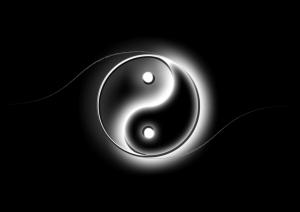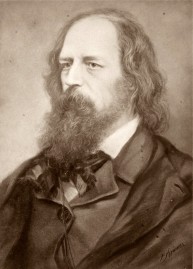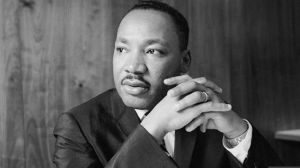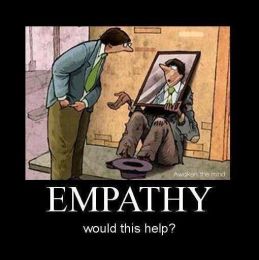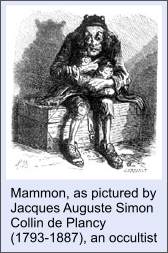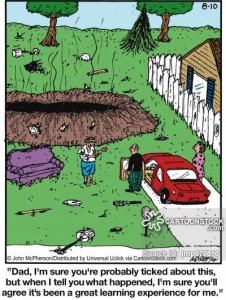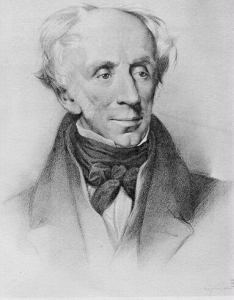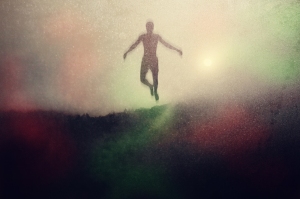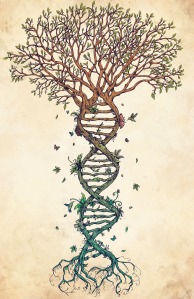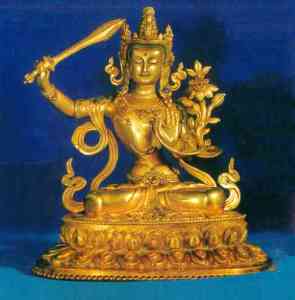Preston Harold shows us how empathy aligns with religious thought. He says:
The effect of empathy and its meaning to life may be likened to Tao: Tao is obscured when you fix your eye on little segments of existence only…” but when Tao is grasped universally, “Without law or compulsion men [will] dwell in harmony.” In individual terms, empathy is realizing on one’s own being the Golden Rule. Empathy is Jesus’ new commandment as an act in one’s own soul – love one another, love the Lord your God with your whole mind, heart, and soul, and your neighbor as yourself. Only through empathy is it possible to step into another’s shoes without displacing him or foisting oneself upon him or losing one’s own precious identity; empathy not only makes this possible, it makes it mandatory.
Mandatory?! Maybe that’s why Jesus couches empathy’s impetus as a commandment. It seems ridiculous to me to make loving someone a commandment that must be fulfilled, but through genuine non-judgmental empathy a slight crack in the door may open that invites me to walk through.
When empathy exists, one experiences in his own being what is happening to another and understands that another suffers whatever is happening to oneself. Empathy is direct, involuntary. It cannot be vicariously expressed because it is borne from out the boundless deeps of a man and, to borrow words from Alfred Lord Tennyson, rises, “too full for sound or foam, but such a tide as moving seems asleep,” and with certainty “turns again home” whatever one does or witnesses.
And here Harold will explain how empathy is born out of the interplay between good and evil:
Because empathy is begotten only of the wholeness of experiencing good and evil involved in any decision, situation, or act, it exerts an incomprehensible power – which is to say, unconsciously it is expressed and it cannot be called into action. Because it is an unconsciously made automatic response, through it man gains freedom from having to make a choice between what appears to be good and what appears to be evil, for his response is both unconsciously tempered and in accord with the reality of the situation. Huxley says: “The fullest freedom is the expression of an inner compulsion of our being, of a choice, which we have come to feel as inevitably necessary…In general, once we manage to ‘see things steadily and see them whole,’ the choice is made for us.”
And with this one can understand Jesus’ breaking of the religious “rules” in order to meet people where they are, with their immediate hopes and needs. Empathy can be summed up in one phrase of Jesus that echoes the Tao quote above and bears along with it huge implications. Jesus grasped the Tao and stated: “The Sabbath was made for man, not man for the Sabbath.”
Until next time, peace.

